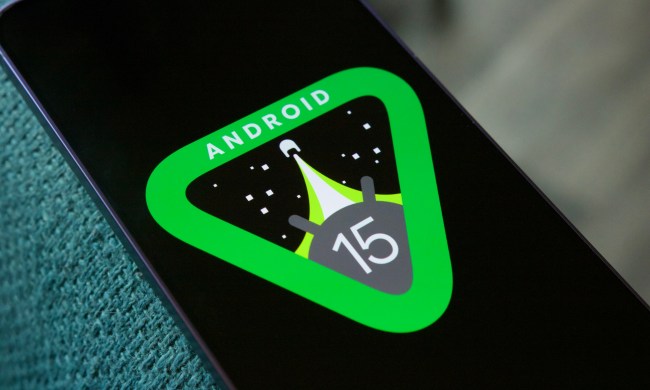Google is getting a little more serious about security updates. The company held its annual Google I/O developer conference in Mountain View, California, May 8-10, where it revealed that it would be working on ways to make it easier for manufacturers to bring security updates to their phones.
Perhaps even more important, Google will be tweaking the agreement it has with manufacturers to include security updates — meaning that contractually, to use the official version of Android, manufacturers may have to stay up-to-date with the latest Android patches.
“We’ve also worked on building security patching into our OEM agreements,” Google revealed at a session at Google I/O, according to XDA-Developers. Now this will really … lead to a massive increase in the number of devices and users receiving regular security patches.”
That’s a pretty big change to how Google has done things in the past. Google releases security updates every month, and normally manufacturers get the patches a month in advance — which is why some manufacturers are able to release the updates on the same day as Google. To date, however, Google hasn’t required companies to push updates to their devices, though larger companies often push the updates to their flagship devices.
There aren’t a ton of details about the program just yet. For example, we don’t yet know if manufacturers will have to release security patches every month, like Google — though if we had to bet, we’d assume that they will. After all, Google doesn’t want Android devices to stay unpatched.
As a report from XDA-Developers notes, it’s also currently unclear if Google will put provisions in place to make sure that manufacturers follow through in releasing the security updates. It was recently reported that some manufacturers had been telling customers that their phones were up to date when they weren’t — and that’s something Google probably wants to avoid.
If Google does move ahead in ensuring manufacturers stick to security updates, it could help make all official Android devices around the world a lot more secure — which is a big deal in an era of hacks and data mining.

